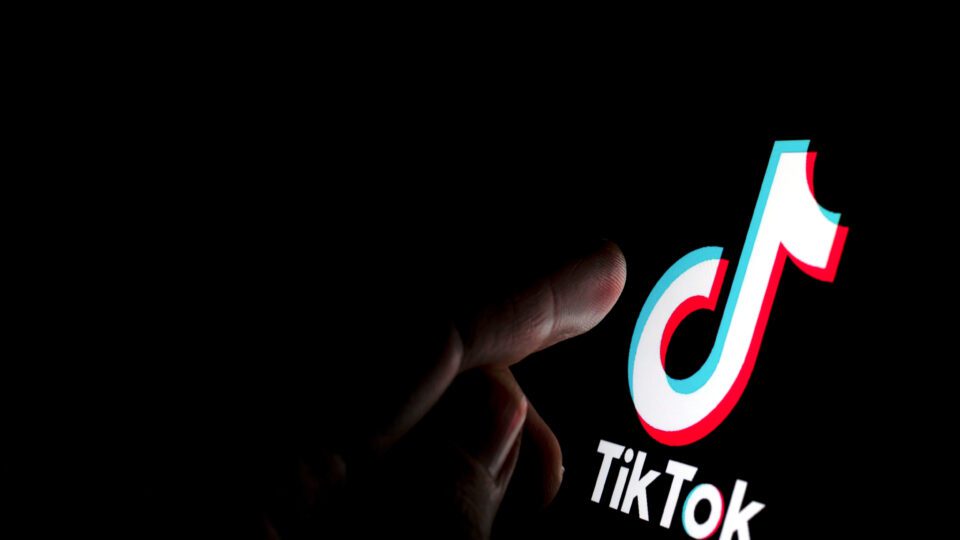[Update as of Jan. 17, 2025] The Supreme Court has unanimously upheld the law forcing TikTok to sell itself to a U.S. entity or be banned, multiple sources report. Earlier in the week TikTok said it would shut down on Sunday, Jan. 19 if the law was upheld, making it probable that access will be disrupted beginning this weekend.
This is likely not the end of the story though: Despite lobbying for a TikTok ban during his first presidency, incoming President Donald Trump has more recently indicated that he would like to find a way to preserve the platform’s presence in the U.S. Trump had asked the Supreme Court to delay its decision until he takes office on Jan. 20, and just before the Supreme Court’s decision was announced, Trump shared on his media platform Truth Social that he had had a conversation with Chinese President Xi Jinping about TikTok, among other topics.
[Update as of Dec. 19, 2024] The U.S. Supreme Court has agreed to hear TikTok’s appeal of the law that would force the social media platform to sell to a U.S.-based owner or be banned. The law was deemed constitutional and upheld by a lower court of appeals earlier this month. The Supreme Court has deferred a decision on whether to issue an injunction delaying the enactment of the law until it hears the case on Jan. 10, 2025, which is just nine days before the law is set to take effect.
[Update as of Dec. 6, 2024] The U.S. Court of Appeals for the District of Columbia has upheld the TikTok sell-or-be-banned law. The court declined to review the petition by TikTok and its Chinese owner ByteDance, saying that the law is constitutional: “We conclude the portions of the Act the petitioners have standing to challenge — that is, the provisions concerning TikTok and its related entities — survive constitutional scrutiny,” wrote Senior Judge Douglas Ginsburg in the majority opinion. “We therefore deny the petitions.”
TikTok will now be blocked in the U.S. when the law takes effect on Jan. 19, 2025, unless it is sold to a U.S.-based owner. There is the possibility of a one-time 90-day delay that can be granted by the President if a sale is in progress by then. President-elect Donald Trump, who will take office on Jan. 20, 2025, tried to ban TikTok during his first term in office but has since changed his tune and vowed to save the app during his recent campaign.
For it’s part, TikTok plans to fight on: TikTok CEO Shou Zi Chew told staff that “our next step is to seek an injunction of the ban, pending review by the US Supreme Court,” according to an internal memo viewed by The Information.
- Related Reading: How Brands Should be Preparing for a Potential TikTok Ban
Original story from April 25, 2024 begins-
President Joe Biden swiftly signed into law the foreign aid package passed by the U.S. Senate that includes a TikTok sell-or-be-banned measure. Following the passage of a standalone bill in March that has since floundered in the Senate, the House of Representatives tacked the proposed TikTok ban onto the aid bill, which also provides support for Ukraine and Israel.
Legislators have long claimed that the app poses a national security risk in the U.S. given the company’s direct ties to China. TikTok now has one year to sell to a U.S.-based owner or be blocked in the country. TikTok was swift to respond, saying in a statement that “this unconstitutional law is a TikTok ban, and we will challenge it in court.” In addition to a legal challenge, TikTok owner ByteDance also is reportedly considering a sale of the platform without its recommendation algorithm, which would make the sale more tenable to its Chinese owners but less desirable to U.S. buyers.
The bill, which was introduced just last week, is titled the Protecting Americans from Foreign Adversary Controlled Applications Act. It would force Chinese parent company ByteDance to sell TikTok to non-Chinese owners within six months of being signed into law; if not, the app would be banned. The bill’s passage in the Senate is less clear, with The Hill reporting that Senate Majority Leader Charles Schumer has been noncommittal about the legislation. However, the White House is making it widely known that President Biden will sign the bill if it reaches his desk.
Both TikTok and the Chinese government have been swift to respond. TikTok mobilized its 170 million U.S. users with an in-app pop-up last week urging them to call their representatives to express disapproval of the bill. Some representatives pointed to the tactic as proof of the kind of worrying influence that TikTok has over its users, according to The New York Times.

A spokesperson for China’s Commerce Ministry said that the country will “take all necessary measures” to protect its interests. Wang Wenbin, spokesperson for China’s Ministry of Foreign Affairs, added in a press conference on March 14 that the bill “puts the U.S. on the opposite side of the principles of fair competition and international trade rules. If the so-called ‘national security’ can be cited at will to bring down other countries’ competitive companies, there would be no fairness or justice to speak of. It is sheer robbers’ logic to try every means to snatch from others all things that are good.”
It’s worth noting that Beijing does not allow any U.S. social media companies to operate in China. When that was pointed out to Wenbin, he responded by saying: “We welcome foreign platforms and services of various kinds to the Chinese market on the premise that they observe China’s laws and regulations. This is completely different from the U.S. way of handling TikTok, which is clearly a bullying act.”
TikTok took this moment to release the findings of a study it commissioned from Oxford Economics showcasing the company’s economic impact on the U.S., where it claims to have contributed $24.2 billion to the economy in 2023 through a combination of product sales and free services to businesses. The study also found that 40% of small- and medium-sized businesses say TikTok is critical to their existence.
“TikTok has become an integral part of the social fabric of the U.S., serving as a powerful platform for both individuals and businesses to learn, engage and thrive,” said the company in a statement. “As this study shows, TikTok has been a huge benefit to SMBs, helping them find new customers, grow their businesses and create jobs.”
This latest bill to ban TikTok follows on the actions of state governments that have already banned the app, as well as a failed 2020 attempt at a federal ban that was led by then-president and current presidential candidate Donald Trump. Interestingly, Trump now apparently no longer supports a ban, and the 197 Republicans who voted in favor of this week’s bill did so in defiance of Trump, who called on members of his party to reject it.
In the face of congressional scrutiny last year, TikTok set up the Project Texas Initiative, designed to address issues of corporate governance and data security. That initiative includes a special-purpose subsidiary established in June 2022 that routes all TikTok U.S. user traffic to an infrastructure controlled by Oracle and USDS and located within the U.S.
Alex Haurek, a spokesman for TikTok, said in a statement to the New York Times that the company is “hopeful that the Senate will consider the facts, listen to their constituents and realize the impact on the economy — 7 million small businesses — and the 170 million Americans who use our service.”















